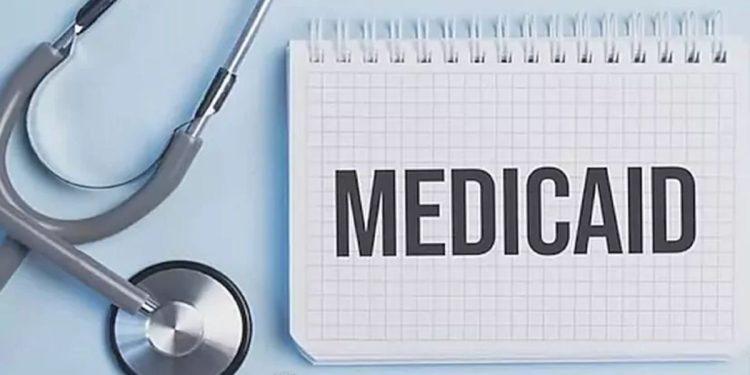In a significant and controversial move, House Republicans have taken a major step toward reshaping Medicaid, a lifeline for millions of low-income Americans. After an intense 25-hour session, the House Energy and Commerce Committee voted along party lines, 30-24, to approve a sweeping proposal that could slash federal Medicaid funding by $625 billion over the next decade.
The bill now heads to the House Budget Committee, where it will be incorporated into what GOP leaders are promoting as a “big, beautiful bill” ahead of a full House vote scheduled for next week.
Massive Cuts, Major Consequences
According to a preliminary Congressional Budget Office (CBO) analysis obtained by Republican staffers, the proposed Medicaid changes could have serious consequences for coverage nationwide. The report projects that 10.3 million Americans could lose access to Medicaid or the Children’s Health Insurance Program (CHIP) if the bill becomes law. Of that group, approximately 7.6 million would be left without any form of health insurance within ten years.
Reinstating Work Requirements and Reducing “Fraud”
At the heart of the legislation is the return of work requirements for able-bodied adults without dependents—an approach previously tested in states like Arkansas and Georgia. Supporters say the policy is intended to preserve Medicaid for the most vulnerable while discouraging what they view as abuse of the system.
“This is about program integrity, not punishment,” said Rep. Laurel Lee (R-Fla.). She pointed to provisions that would eliminate payments to deceased beneficiaries and upgrade fraud-prevention technology.
The bill includes exemptions to the work requirement, applying to:
- Pregnant individuals
- Those with serious health conditions
- Recently incarcerated persons
- Former foster youth under the age of 26
The CBO estimates this work requirement provision alone could save $300 billion starting in 2029.
Democrats Warn of Increased Barriers and Lost Coverage
Democrats have fiercely opposed the legislation, arguing that it will make it harder for vulnerable populations to access healthcare by adding bureaucratic obstacles.
Rep. Greg Landsman (D-Ohio) emphasized that many could lose coverage not due to ineligibility, but because of the burden of paperwork and administrative complexity. “They’re going to lose coverage in part because of the red tape,” he said.
Sen. Kim Schrier (D-Wash.) echoed this concern, warning that those who fall off Medicaid may end up in emergency rooms, driving up healthcare costs for everyone.
ACA Access Also at Risk
Another contentious aspect of the proposal is a restriction preventing those who lose Medicaid eligibility from receiving subsidized insurance through the Affordable Care Act (ACA). Critics argue this is a punitive move that blocks alternative avenues to care.
Rep. Frank Pallone (D-N.J.) strongly condemned the measure. “They can’t go to the ACA because they still haven’t filled out the paperwork for Medicaid. So we’re not going to let them get any kind of subsidized care. And it goes on and on,” he said.
What’s Next?
While the bill has cleared its first major hurdle in the House, its future remains uncertain. The Senate is expected to revise or eliminate some of the more controversial provisions. Still, the proposal marks a dramatic shift in how Medicaid could be structured going forward.
If passed in its current form, it would represent one of the most substantial overhauls of a public health program in recent history—one with far-reaching impacts on millions of Americans who rely on Medicaid and CHIP for essential care.











